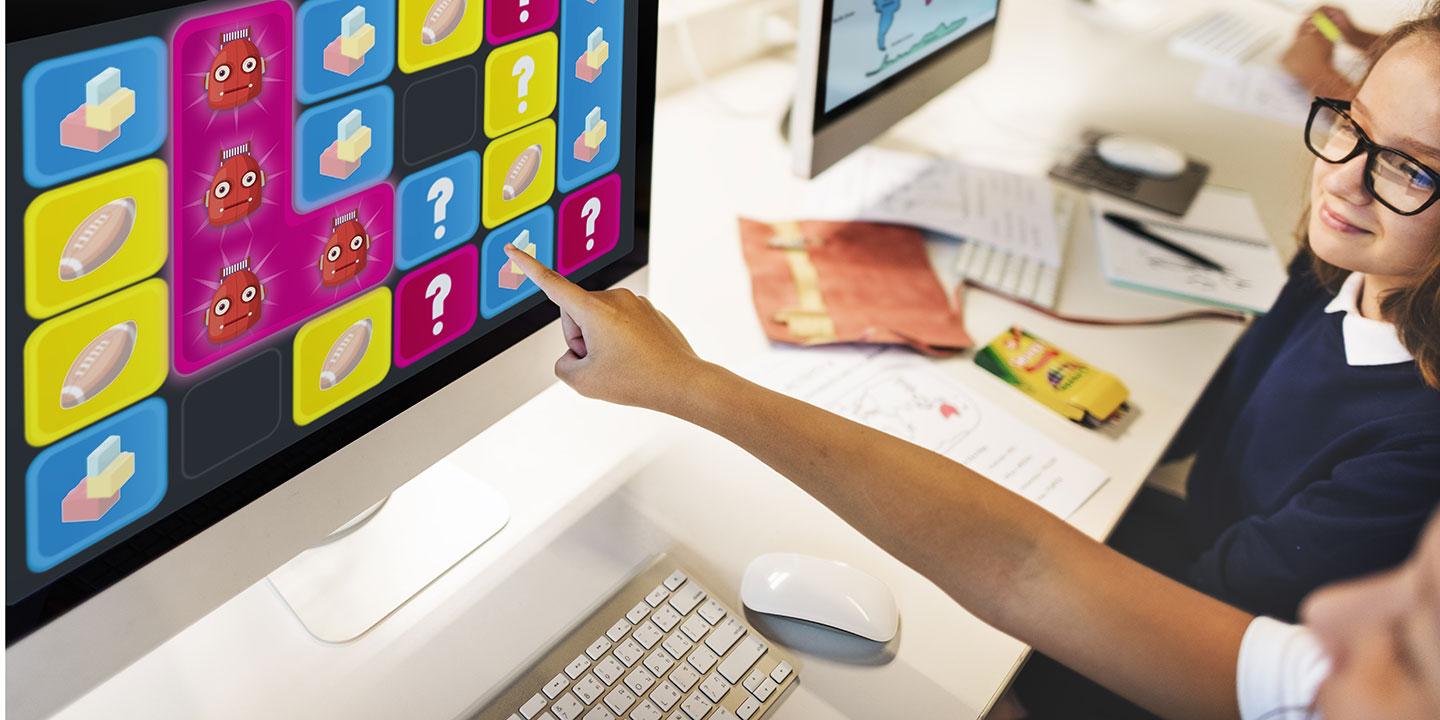A digital laboratory for the collaborative design of digital educational games

Interest in digital educational games increases at all levels of education. However, there was still great potential for improvement in the development and use of these games. In order to develop this potential, their design, use and evaluation calls for collaborative work, particularly between teachers, game designers and educational researchers.
Project description (completed research project)
Digital educational games are recognized as being effective and engaging learning tools. In order to develop their full potential, it is necessary to rise to the challenges regarding the efficiency of their development, the relevance of their pedagogical use and the integration of ethical aspects concerning the management of the produced data.
To address these challenges, the research team led by Professor Dominique Jaccard developed, implemented, and evaluated co.LAB: a collaborative methodological framework involving teachers, game developers, and researchers in educational science. Additionally, there's a collaborative digital platform dedicated to the co-design, co-development, and co-evaluation of digital educational games.Background
In the field of digital games, there was a gap between teachers, game developers and researchers. Teachers had difficulties finding games adapted to their pedagogical context. Developers needed to find ways to meet teachers’ expectations and to integrate the knowledge produced by education sciences. Researchers struggled to find games that produced the data needed to evaluate the effectiveness of games in education.
Aim
The project aimed to set up a methodology and digital infrastructure dedicated to collaboration between researchers and practitioners for the design, development and evaluation of Digital Learning Games.
Relevance
The project aims to strengthen the connections between teachers, educational researchers and game designers. The collaborative platform improves the efficiency of the design and use of educational games. Ultimately, the project aspires to enable a relevant distribution of educational games at all educational levels.
Result
The research team developed the co.LAB method for designing computer-based learning programmes and the associated co.LAB web platform to support multidisciplinary teams working on these programmes. The researchers also compiled various guidelines and recommendations.
The project's results provide a new perspective on the design and evaluation of educational games. The project demonstrated that this is a process that should be approached systematically, using tools that facilitate knowledge sharing.
Three main messages
- The design, development and evaluation of learning games is a collaborative process that requires knowledge sharing between teachers, researchers and computer scientists. A visual design-based research methodology facilitates this collaboration and knowledge sharing.
- Digital collaborative tools may support the collaboration of multidisciplinary teams developing digital learning games or other educational resources.
- The development of collaborative research for the design and evaluation of digital educational resources involves facilitating and institutionalising collaboration between teachers and researchers.
Original title
co.LAB - A Digital Lab for the co-Design, co-Development and co-Evaluation of Digital Learning Games
